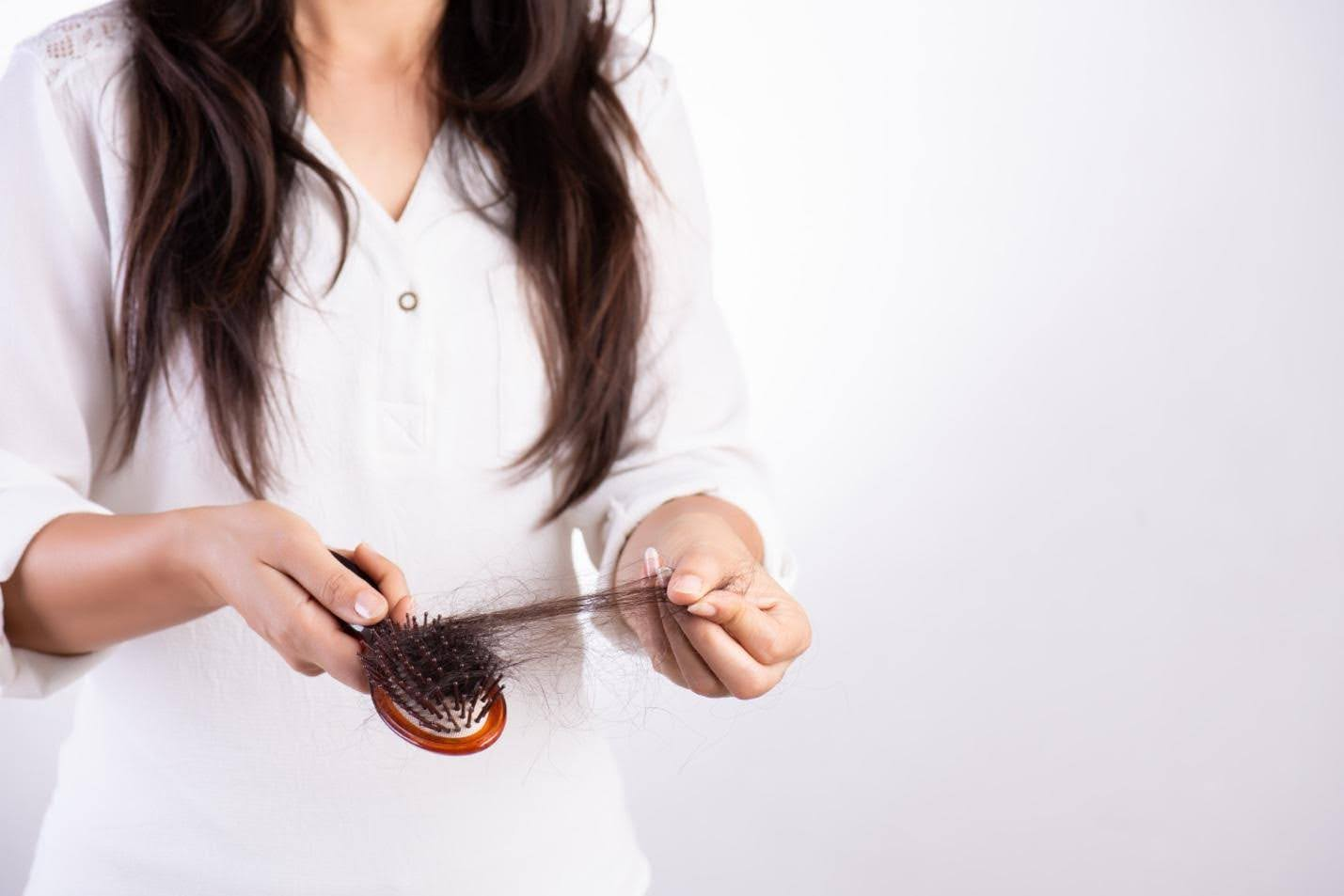Hair loss can be a distressing experience for anyone, impacting not only physical appearance but also confidence and self-esteem. While genetics play a significant role, there are many factors you can control to maintain healthy, strong hair. This comprehensive checklist will help you determine if you’re doing enough to prevent hair loss and support optimal hair health.
Are You Eating a Balanced Diet?
Your hair’s health starts from within, and the nutrients you consume are critical to its strength and growth. A diet lacking essential vitamins and minerals, such as biotin, zinc, and iron, can reduce hair and breakage. Incorporate foods like leafy greens, eggs, nuts, fatty fish, and berries to nourish your scalp and hair follicles.
If you’re experiencing persistent hair loss, consult a healthcare professional to rule out nutritional deficiencies. Supplements can be beneficial, but they should be taken under guidance to avoid imbalances.
Are You Using the Right Hair Care Products?
Choosing the right hair care products is essential for maintaining a healthy scalp and reducing hair damage. Avoid shampoos and conditioners that contain harsh sulfates, parabens, or alcohol, as these can strip natural oils and weaken hair strands. Opt for products tailored to your hair types and concerns, such as moisturizing shampoos for dry hair or volumizing products for thinning hair.
Incorporating a scalp exfoliator or detox shampoo once a week can also help remove buildup and promote healthy hair growth. However, be mindful not to overuse these products, as excessive cleaning can disrupt your scalp’s natural balance.
Are You Protecting Your Hair from Physical Damage?
Physical damage is a leading cause of hair loss and breakage. Over-styling, excessive heat, and harsh brushing can weaken the hair shaft and lead to thinning. Use heat tools sparingly, and always apply a heat protectant before styling.
Choose a wide-tooth comb or a brush with soft bristles to avoid tugging on knots. If you frequently tie your hair back, switch to loose styles or hair ties made from gentle materials to prevent tension on the hairline.
Are You Managing Stress Effectively?
Stress is a common yet often overlooked cause of hair loss. High stress levels can lead to conditions like telogen effluvium, where hair prematurely enters the shedding phase. Regular exercise, meditation, and adequate sleep effectively reduce stress levels and support hair health.
If stress-related hair loss persists, consider speaking to a therapist or a medical professional for personalized solutions. Addressing the root cause of your stress can improve your mental health and hair condition.
Are You Seeking Professional Help When Needed?
Sometimes, despite your best efforts, hair loss may require professional intervention. Visiting a reputable clinic like Serene Radiance can provide you with expert guidance and advanced treatment options. Hair transplants are popular for individuals experiencing significant hair thinning or bald patches.
Clinics like Serene Radiance combine cutting-edge technology with personalized care to help you restore your hairline and confidence. Consulting with an experienced physician can help you understand the underlying causes of your hair loss and allow you to explore a range of tailored treatments, including non-surgical options like PRP therapy or Follicular Unit Extraction (FUE).
Are You Addressing Hormonal Imbalances?
Hormonal changes can lead to hair thinning and shedding, especially in women. Conditions such as polycystic ovary syndrome (PCOS) or menopause can disrupt the hormonal balance, affecting hair growth.
For men, an increase in dihydrotestosterone (DHT) levels is a common cause of male pattern baldness. If you suspect hormones play a role in your hair loss, consult an endocrinologist or dermatologist. Prescription medications, lifestyle changes, or hormone replacement therapies may help restore balance and improve hair density.
Are You Avoiding Harmful Lifestyle Habits?
Smoking and excessive alcohol consumption can negatively impact your hair health. Smoking reduces blood flow to the scalp, depriving hair follicles of essential nutrients, while alcohol can lead to dehydration and nutrient deficiencies.
Making healthy lifestyle choices, such as quitting smoking and limiting alcohol intake, benefits overall health and creates an optimal environment for hair growth.
Source link

